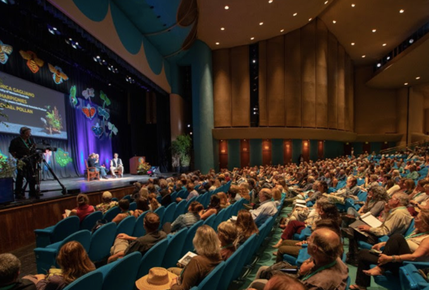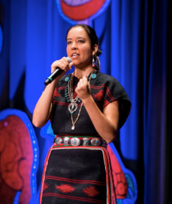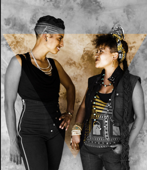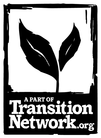
Listening to Marya at the Bioneers 2018 Conference in October, I was struck by her simple explanation, yet she was to be one of many presenters who had highly essential things to say at this three-day, intensely informative gathering.
I had first heard of Bioneers from January Nordman, now deceased. January was a Transition member, designer and native-plant landscape artist; she was the driving force behind converting Throop Church’s grounds into a learning garden. Her team planted edibles with signs reminding visitors to “Take what you need and leave some for others.” She also designed a section of Altadena Public Library grounds.
Once, when she asked if I had ever gone to Bioneers and noticed my less than enthusiastic expression when I said I hadn’t, she persisted. “You’ll love it,” she said. “There’re all kinds of interesting people talking about stuff we like to do.” So, I promised her I would go — and thought not much more about it. Until a few months ago when my sister invited me to accompany her to this year’s conference.
I Googled to learn more, and among the many notable videos was one of Paul Hawken at a previous Bioneers Conference speaking on the essentials of a book I recently reviewed for Transition Pasadena, “Blessed Unrest.”
So, I found myself, on that first morning at the conference, listening to Doctor Marya’s talk titled Health and Justice: The Path of Liberation through Medicine. In it, she described decolonized medicine and the Mni Wiconi Health Clinic at Standing Rock which focuses on native medicines and techniques. The clinic is a beginning. In time, not only Lakota/Dakota people will be served by practiced generational healing, but all plains people, free of charge.
Indigenous groups and demonstrations were everywhere on the conference grounds: A large tent at one end, called the Indigenous Forum, was devoted exclusively to First People concerns.
There I heard an informal question and answer session by two groups working together in Ecuador. The Ceibo Alliance, consisting of major tribes in the northern Amazon, had presented earlier that morning, together with an American non-profit, Amazon Frontlines, who live collectively with tribal leaders and assist the Ceibo Alliance. In deciding a case that had been argued for two years, the Ecuadorean courts denied 52 gold-mining operations that would have added to the despoiling of the Alliance’s environment.
Near the Indigenous Forum, a group of native tribes from the southern Philippines and living in the Bay Area had decided to re-kindle an old tradition and build a bangka. The hand-carved and immaculately painted out-rigger canoe expressed the group’s reward after many weeks of labor — for both carvers and cooks — and at the end of each day, the different tribal members would sit down to eat, get to know each other, and celebrate their community.
The Bioneers Conference, which has grown into an instrumental expression of the global movement described in Hawken’s “Blessed Unrest," inspired me. By giving voice to the historically unheard — First Peoples, women, minorities and youth — the message and the messenger are one... and powerful. I came away energized to be more involved with the teams telling the stories and doing the work we urgently need.
Thank you, January. A deep bow and respectful gassho to you, old friend.
—Greg Marquez
To learn more about the Bioneers conference visit their website (https://bioneers.org/) or watch this video: https://youtu.be/PTjHFrcc1RA





